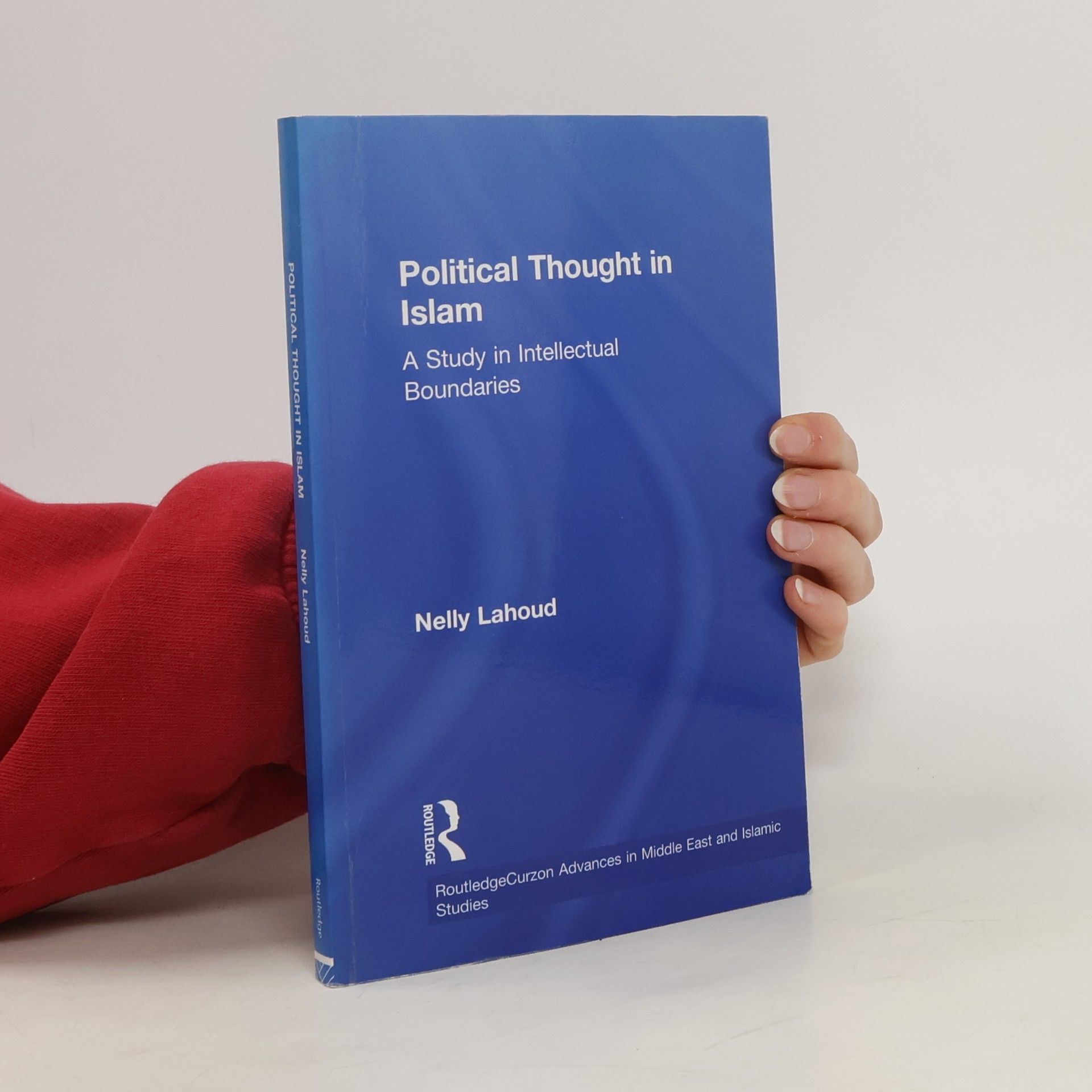Focusing on the history of ideas, this book explores the evolution of political thought within Islam. It examines key concepts and theories, highlighting how historical context has shaped Islamic political philosophy. Through a detailed analysis, it offers insights into the interplay between religion and politics, showcasing the diversity of thought and the impact of cultural influences on Islamic governance and authority.
Nelly Lahoud Livres


An inside look at al-Qaeda from 9/11 to the death of its founder-told through the words of Bin Laden and those in his closest circle